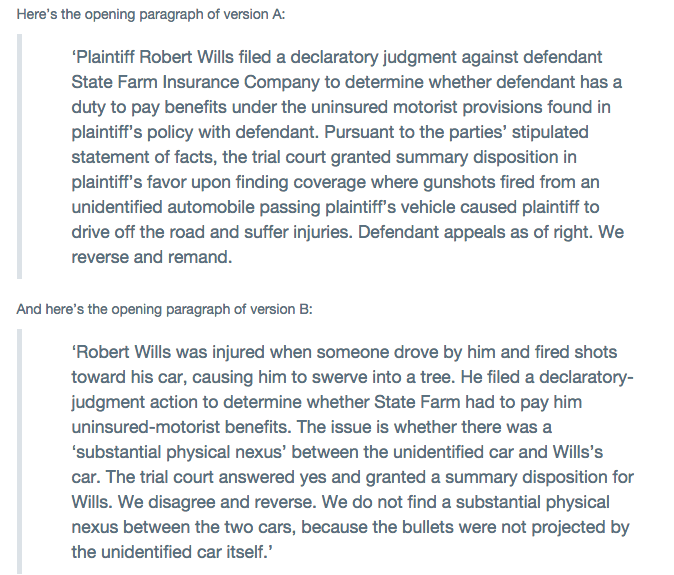Crafting Persuasive Prose: Mastery in Legal Writing Techniques
3 min read

Crafting Persuasive Prose: Mastery in Legal Writing Techniques
Legal writing is a specialized skill that requires precision, clarity, and persuasiveness. This article delves into various legal writing techniques that can elevate the quality of written legal communication, from briefs to contracts.
Understanding the Audience: Tailoring the Message
One of the fundamental legal writing techniques is understanding the audience. Whether it’s a judge, opposing counsel, or clients, tailoring the message to the specific audience is crucial. Consider their level of legal knowledge, preferences, and expectations to craft a more impactful and persuasive piece.
Clarity and Conciseness: Communicating Effectively
Clarity and conciseness are paramount in legal writing. Avoiding unnecessary jargon and convoluted sentences enhances the reader’s comprehension. Clearly articulated ideas, concise arguments, and a logical flow contribute to effective communication in legal documents.
Precise Language: Choosing Words Wisely
Legal writing demands precision in language. Choosing words wisely and using terminology with exact meanings reduces ambiguity and strengthens the legal argument. Precise language not only enhances clarity but also adds credibility to the legal document.
Structured Organization: Building a Coherent Narrative
A well-organized structure is a hallmark of effective legal writing. Whether it’s a legal brief or a contract, building a coherent narrative with a clear introduction, logically sequenced arguments, and a strong conclusion contributes to a more persuasive and reader-friendly document.
Utilizing Legal Citations: Strengthening Arguments
In legal writing, citations are more than references; they strengthen arguments. Utilizing legal citations effectively adds authority to the presented case law or statutes. Proper citation formats, such as Bluebook or legal style guide adherence, contribute to the professionalism of legal documents.
Balance of Persuasion and Objectivity: Striking the Right Tone
Legal writing often involves persuasion, but it must maintain objectivity. Striking the right balance between persuasive language and objective analysis is an essential technique. Objectivity lends credibility, while persuasive elements help advocate for the client or legal position.
Effective Use of Headings and Subheadings: Guiding the Reader
Headings and subheadings serve as guideposts in legal documents. Effective use of these elements helps structure the content and allows readers to navigate the document with ease. Clear and descriptive headings improve the overall readability of legal writing.
Proofreading and Editing: Ensuring Precision
The importance of proofreading and editing cannot be overstated. Even minor errors can impact the professionalism of legal writing. Carefully reviewing the document for grammatical errors, typos, and consistency ensures precision and maintains the high standards expected in legal communication.
Applying the IRAC Method: Issue, Rule, Analysis, Conclusion
The IRAC method (Issue, Rule, Analysis, Conclusion) is a widely used legal writing technique. Clearly identifying the legal issue, stating the relevant rule of law, providing a thorough analysis, and concluding with a concise summary enhances the structure and persuasiveness of legal arguments.
Incorporating Legal Style Guides: Ensuring Consistency
Legal style guides, such as The Bluebook or jurisdiction-specific guides, provide standards for legal writing. Adhering to these guides ensures consistency in citation, formatting, and writing style. Consistency contributes to the professionalism of legal documents.
Linking Legal Writing Techniques for Impact
In conclusion, the mastery of legal writing techniques is a dynamic interplay of various elements. From understanding the audience to incorporating the IRAC method, utilizing legal citations, and maintaining precision through proofreading, these techniques collectively elevate the impact of legal writing. Crafting persuasive prose requires a thoughtful combination of skills that can effectively advocate for legal positions. For more insights on Legal Writing Techniques, visit greatblogabout.org.







